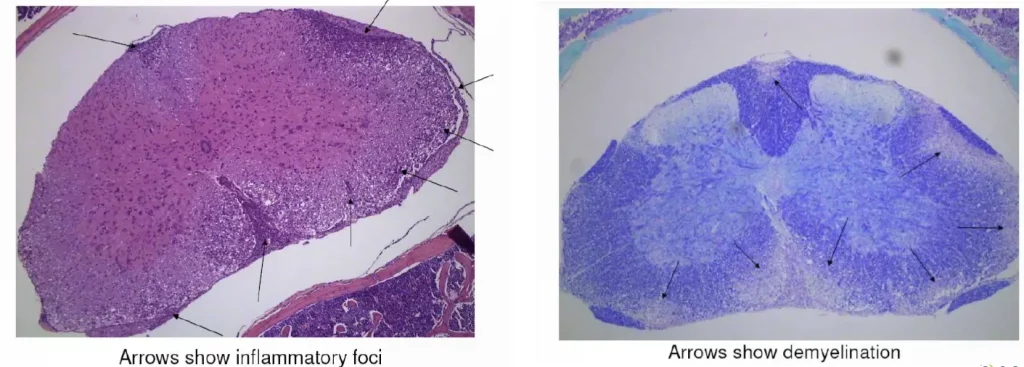


Preclinical solutions for neurodegenerative diseases
Neurodegenerative diseases are a group of disorders characterized by the progressive degeneration of the structure and function of the nervous system. These diseases are typically chronic, debilitating, and currently lack effective cures.
Oncodesign Services offers access to several standard preclinical CNS (Central Nervous System) models addressing a variety of neurodegeneratives pathologies.
How do Neurodegenerative Diseases affect the CNS ?
Neurodegenerative diseases primarily affect the CNS, leading to the progressive loss of structure or function of neurons. For example :
- Alzheimer’s Disease affects the cerebrum, leading to cognitive decline and memory loss.
- Parkinson’s Disease primarily impacts the brain’s basal ganglia, affecting motor control.
- Amyotrophic Lateral Sclerosis (ALS) involves the degeneration of motor neurons in the brain and spinal cord, leading to muscle weakness and atrophy.
Which role preclinical models play in CNS drug development ?
Preclinical models are essential in the development of new treatments for neurodegenerative diseases. These models provide a crucial platform for understanding disease mechanisms, identifying potential therapeutic targets, and evaluating the efficacy and safety of new treatments before they move on to clinical trials in humans.
Typical Readouts For CNS Disorders
Clinical scoring
Histopathology
Biomarker/drug monitoring
Genomics
Discover our preclinical CNS models at Oncodesign Services
Oncodesign Services is dedicated to advancing neuroscience drug discovery research. We provide a range of in vitro, ex-vivo and in vivo models of CNS areas, including for EAE and Multiple Sclerosis diseases. Our advanced CNS disease models serve as powerful tools for investigating the mechanisms of CNS disorders, drug responses, potential treatment targets, and providing CNS efficacy and safety pharmacology assessments.
Example of in vivo models developed :
- Acute experimental autoimmune encephalomyelitis (EAE) / Multiple sclerosis (MS) model in mice
- MOG35-55 peptide induced
- Remitting-relapsing experimental autoimmune encephalomyelitis (EAE) / Multiple sclerosis (MS) model in mice
- PLP139-151 peptide induced
With 3 sites in Europe, our preclinical CNS services include a broad spectrum of comprehensive evaluations, offering a thorough understanding of the effects of test compounds on the central nervous system.
Case study on CNS models at Oncodesign Services
Acute EAE (MOG35-55) in mice – Inflammation and demyelination
- Spinal cord histological analysis :
- Luxol fast blue (myelin staining)
- Cresyl violet (neuron nucleus staining)
- Evidence of inflammation (parenchymal infiltration) and demyelination



